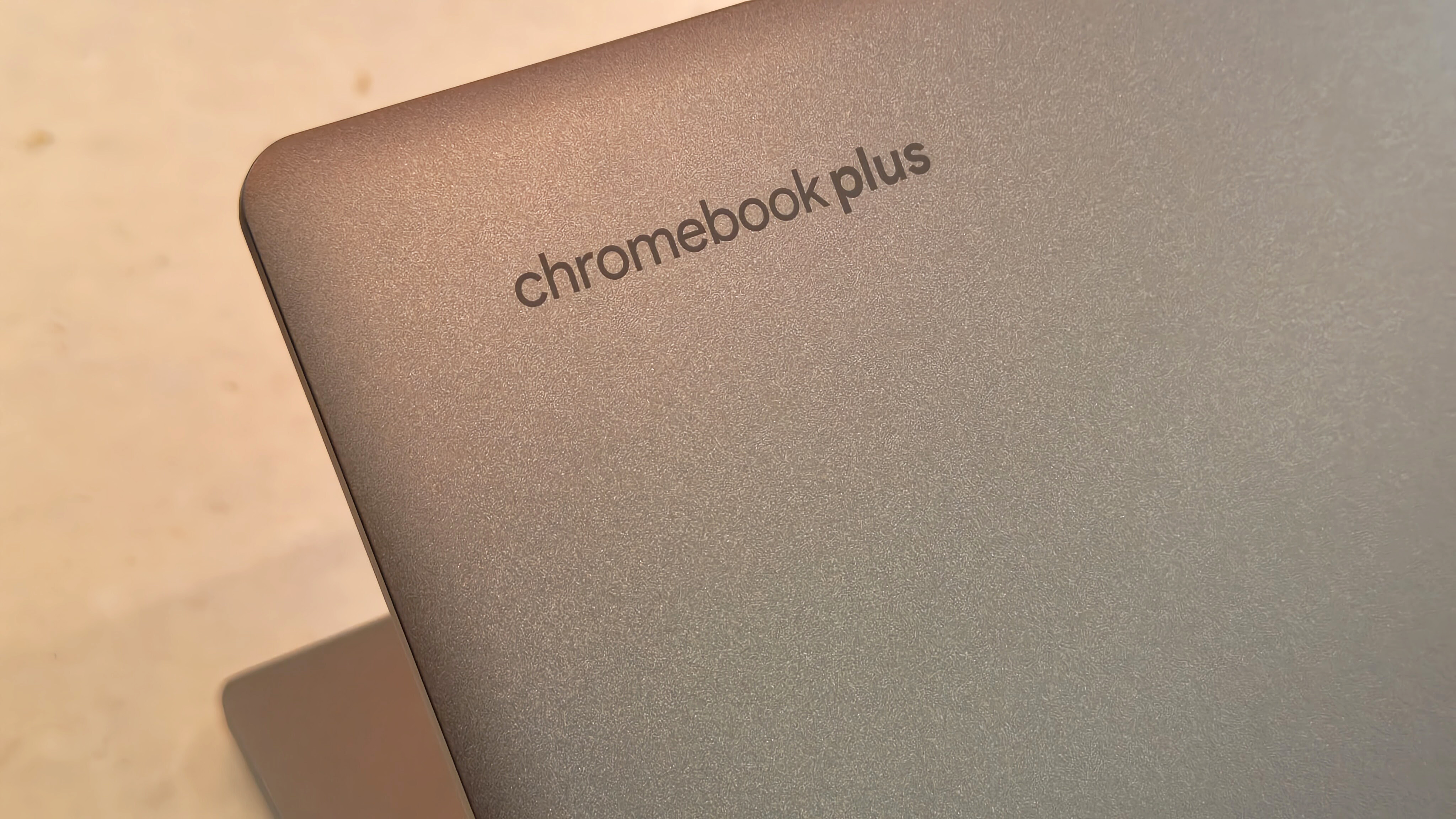
When it comes to the best laptops, it's not only the best MacBooks and Windows laptops that make the cut: the best Chromebooks, featuring Google's own operating system, have long held a place at the more affordable end of the market – in particular they're often used in educational settings.
Now there's a new Chromebook standard, called Chromebook Plus, which elevates the humble Chromebook to deliver a minimum specification for an assured quality experience. But precisely what does that mean? What are those minimum specs? Let me enlighten...
Which brands make Chromebook Plus models?
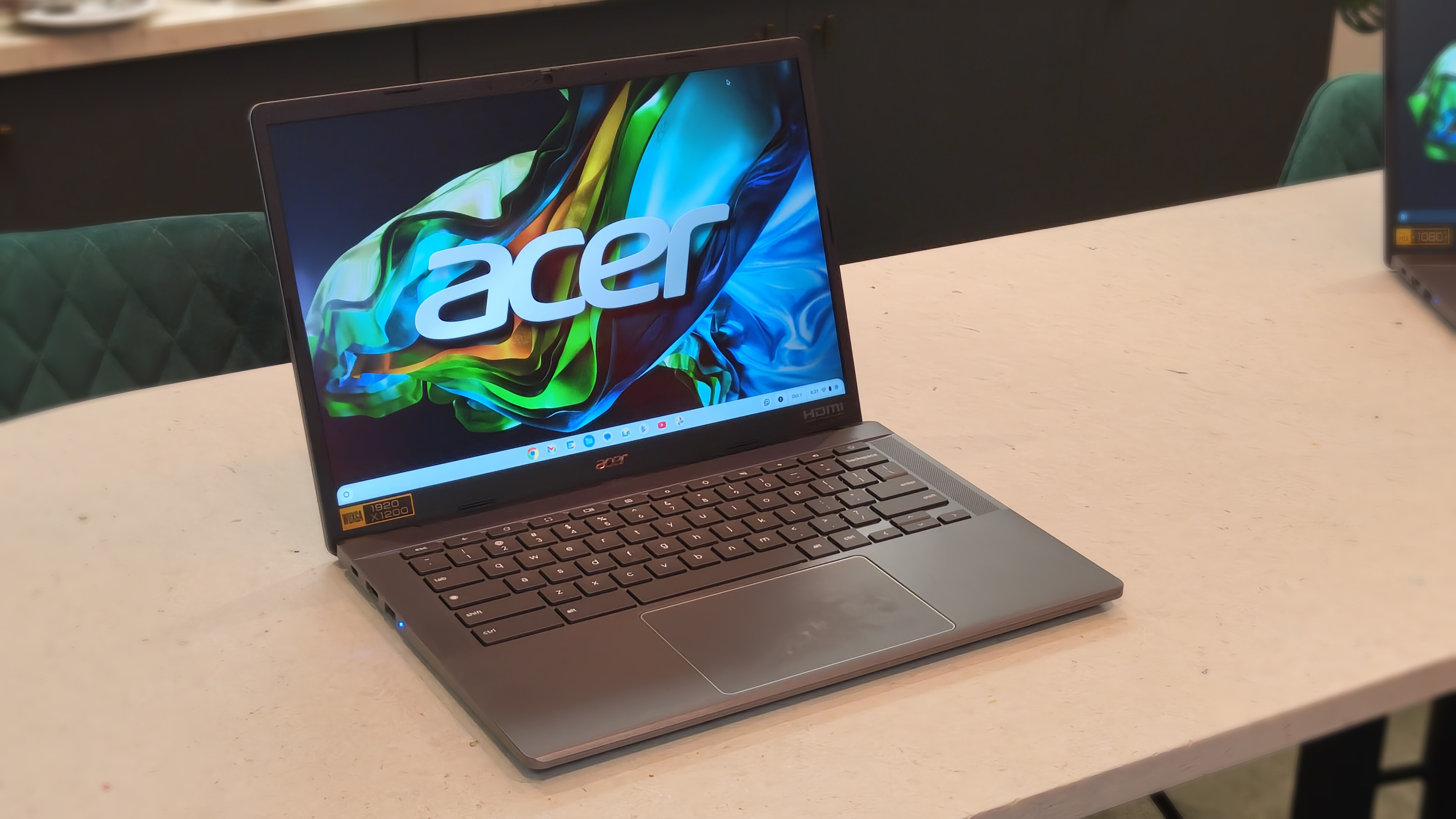
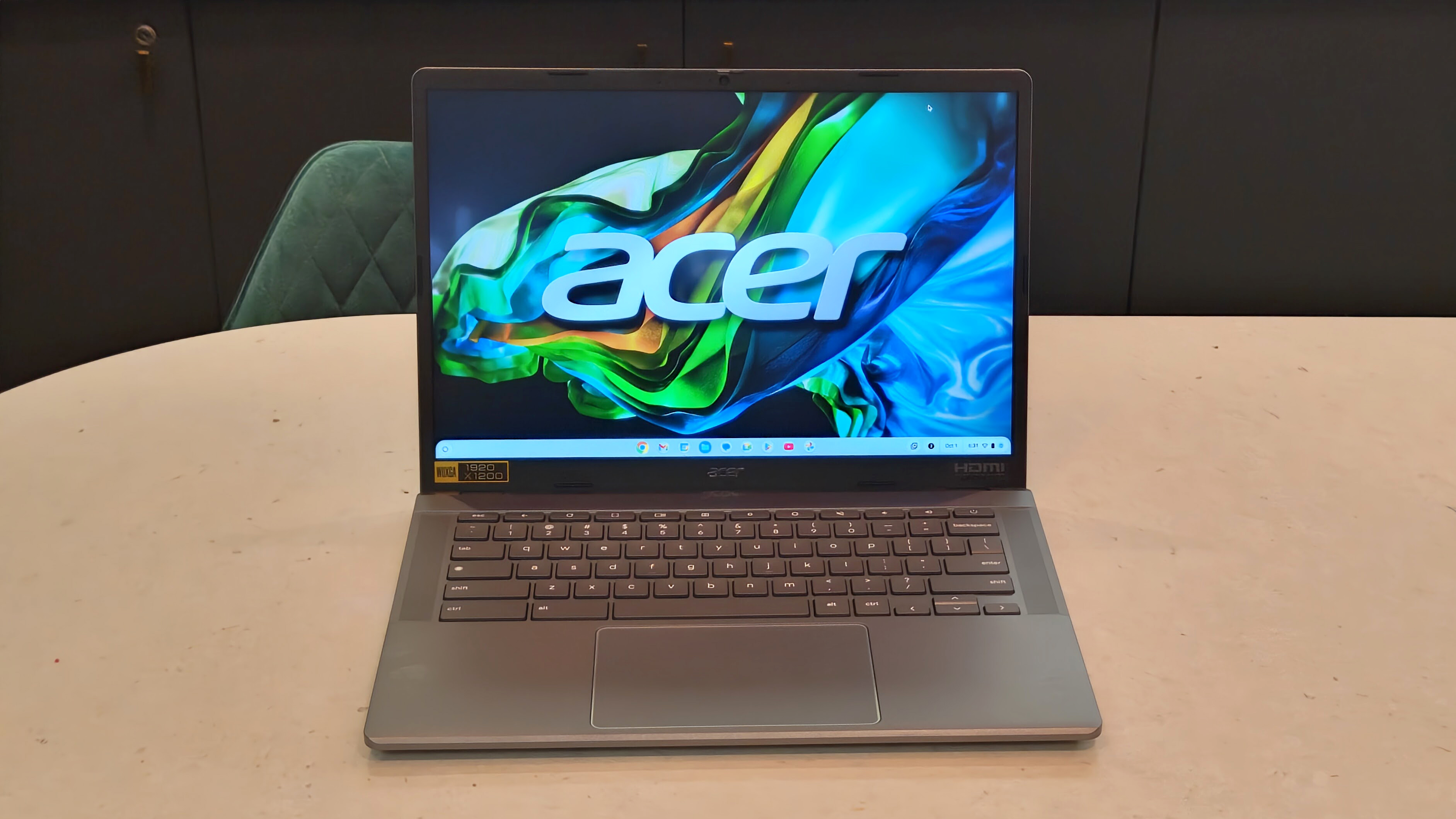
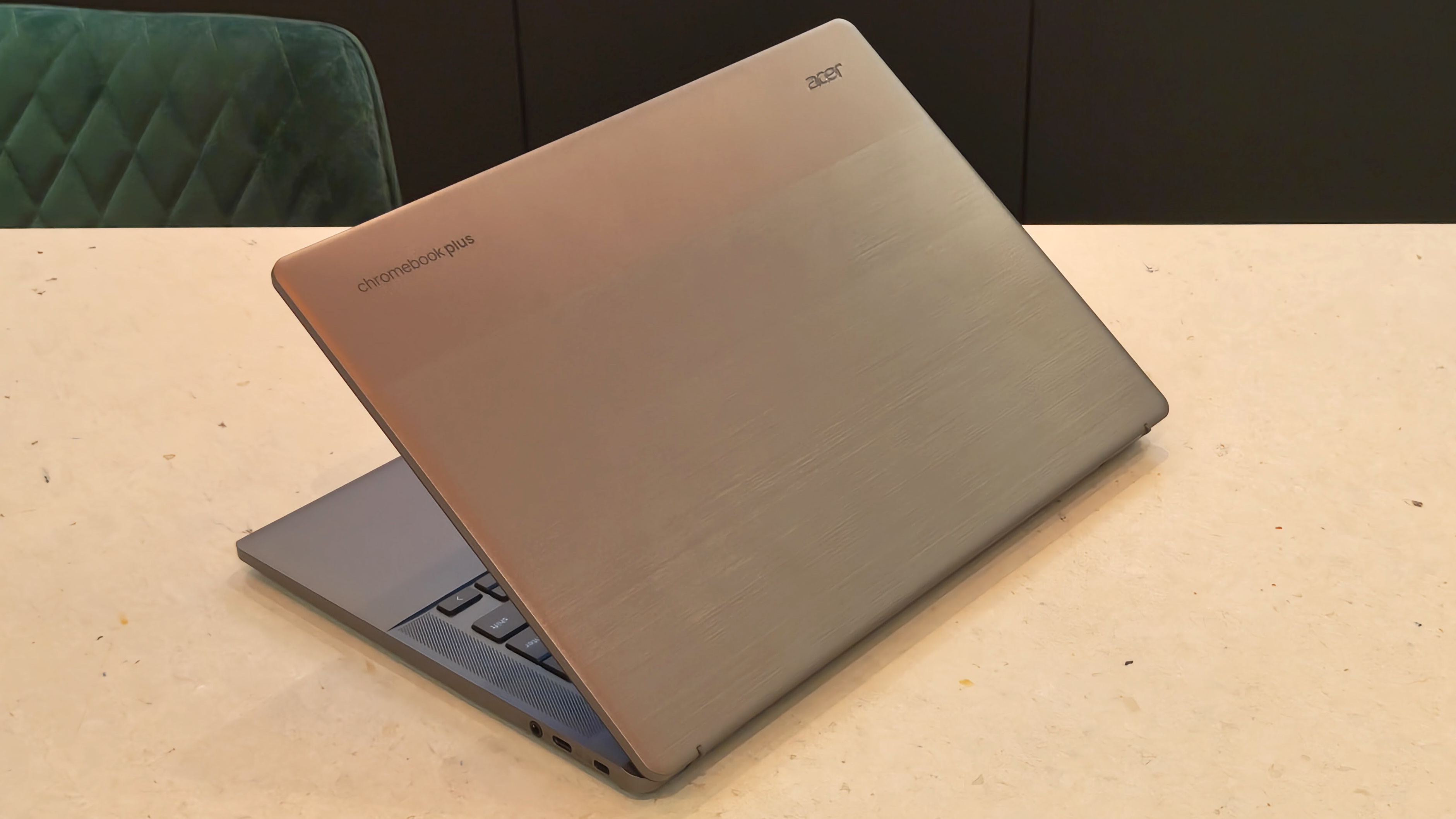
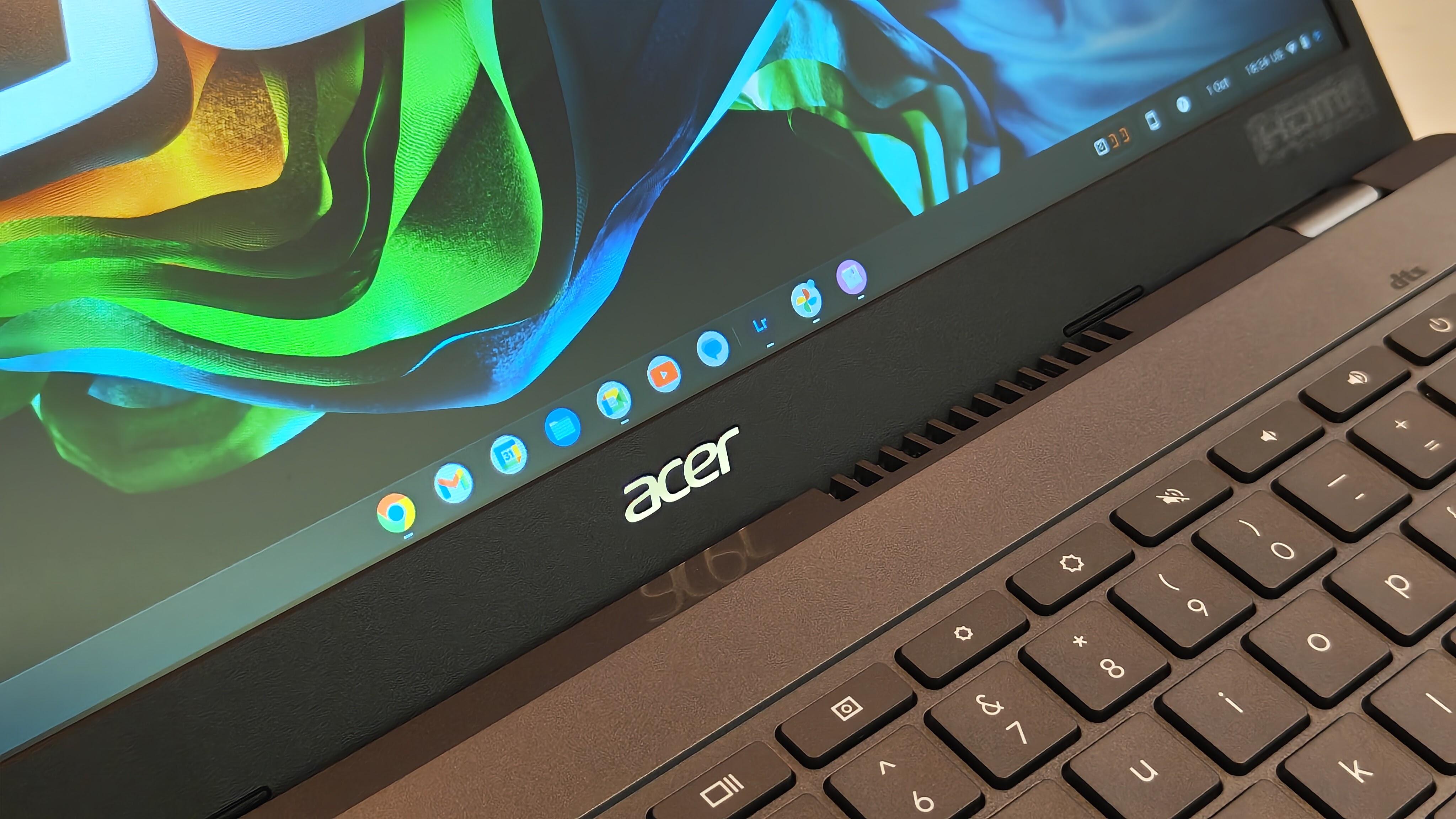
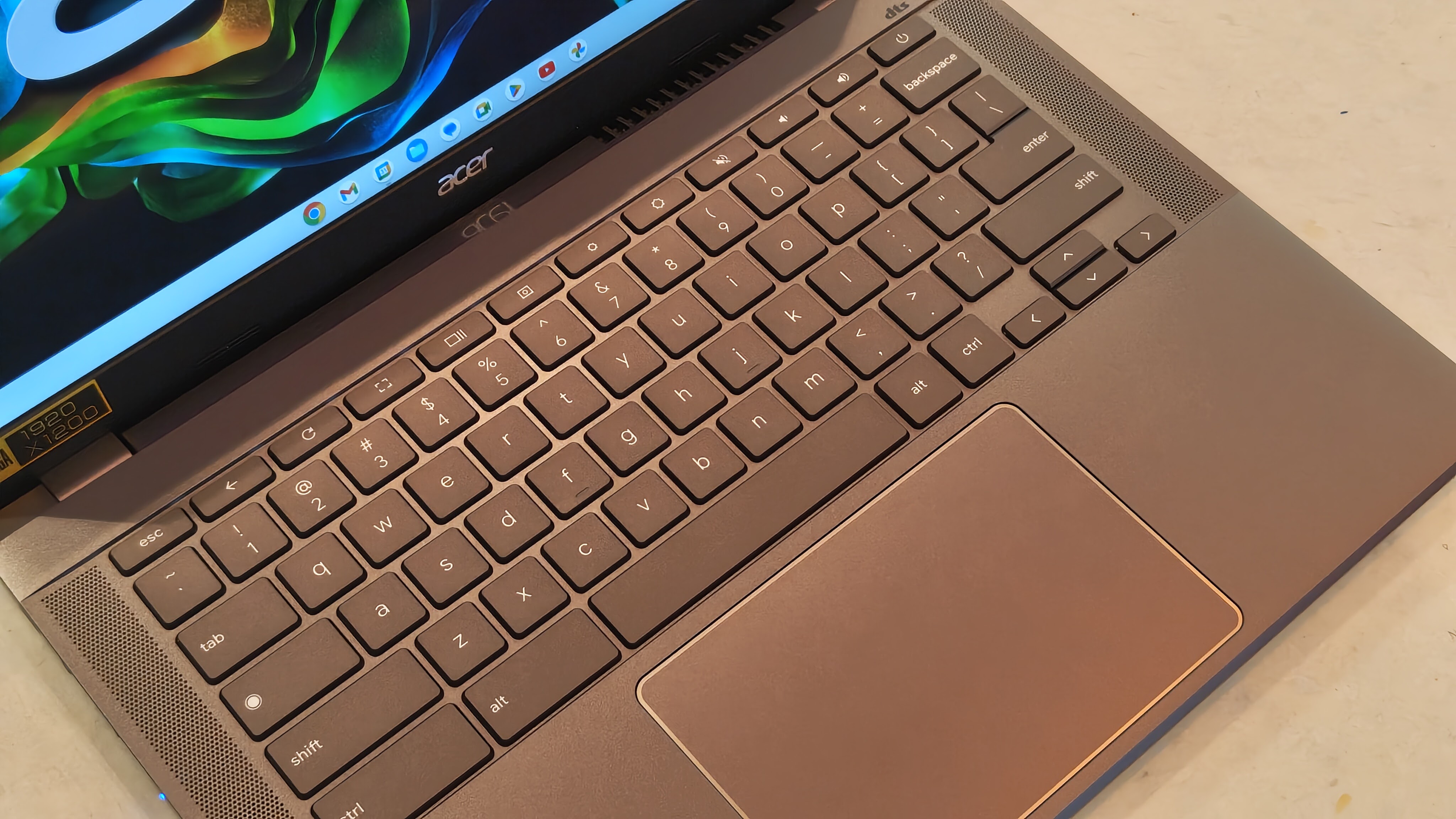
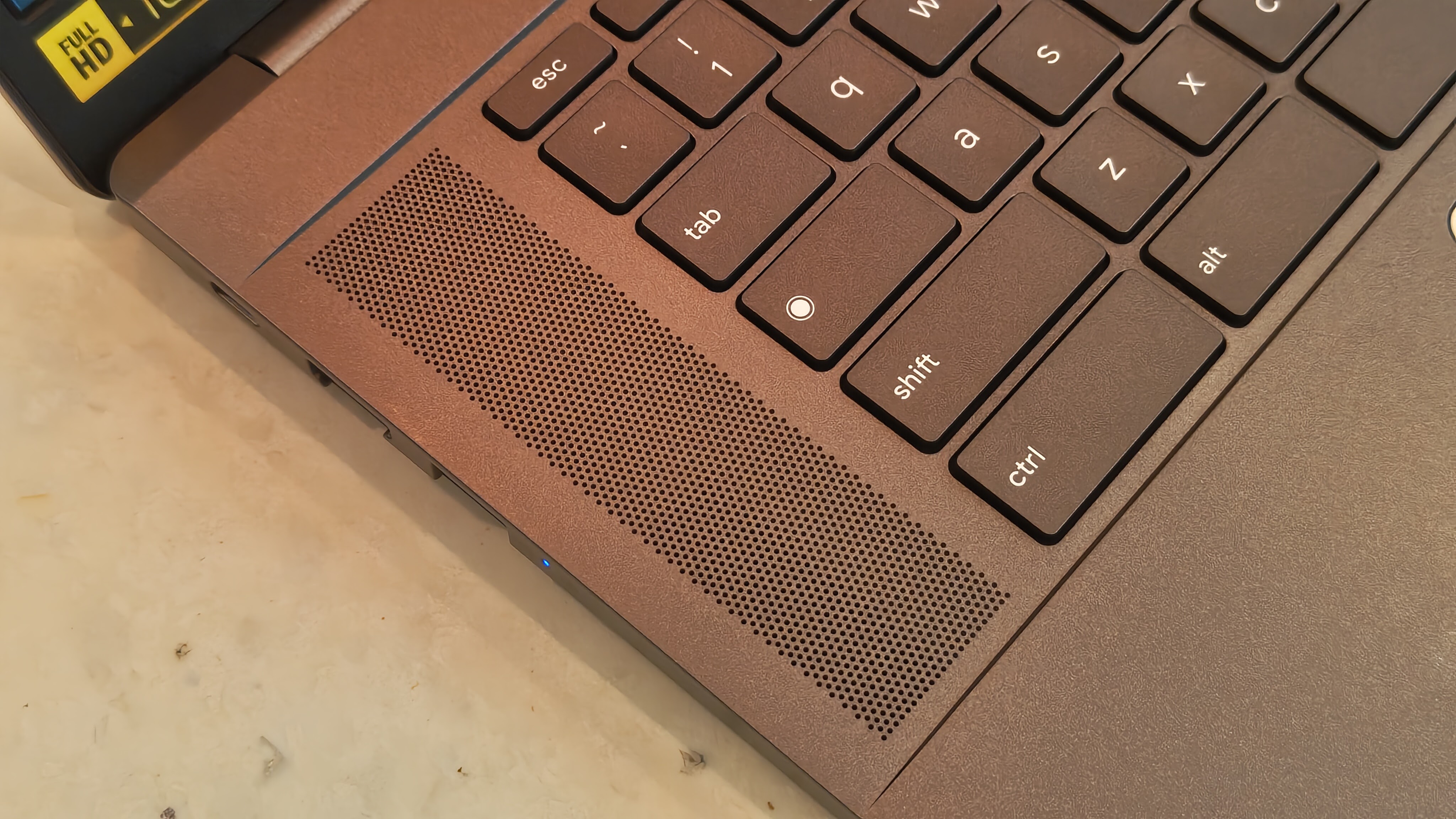
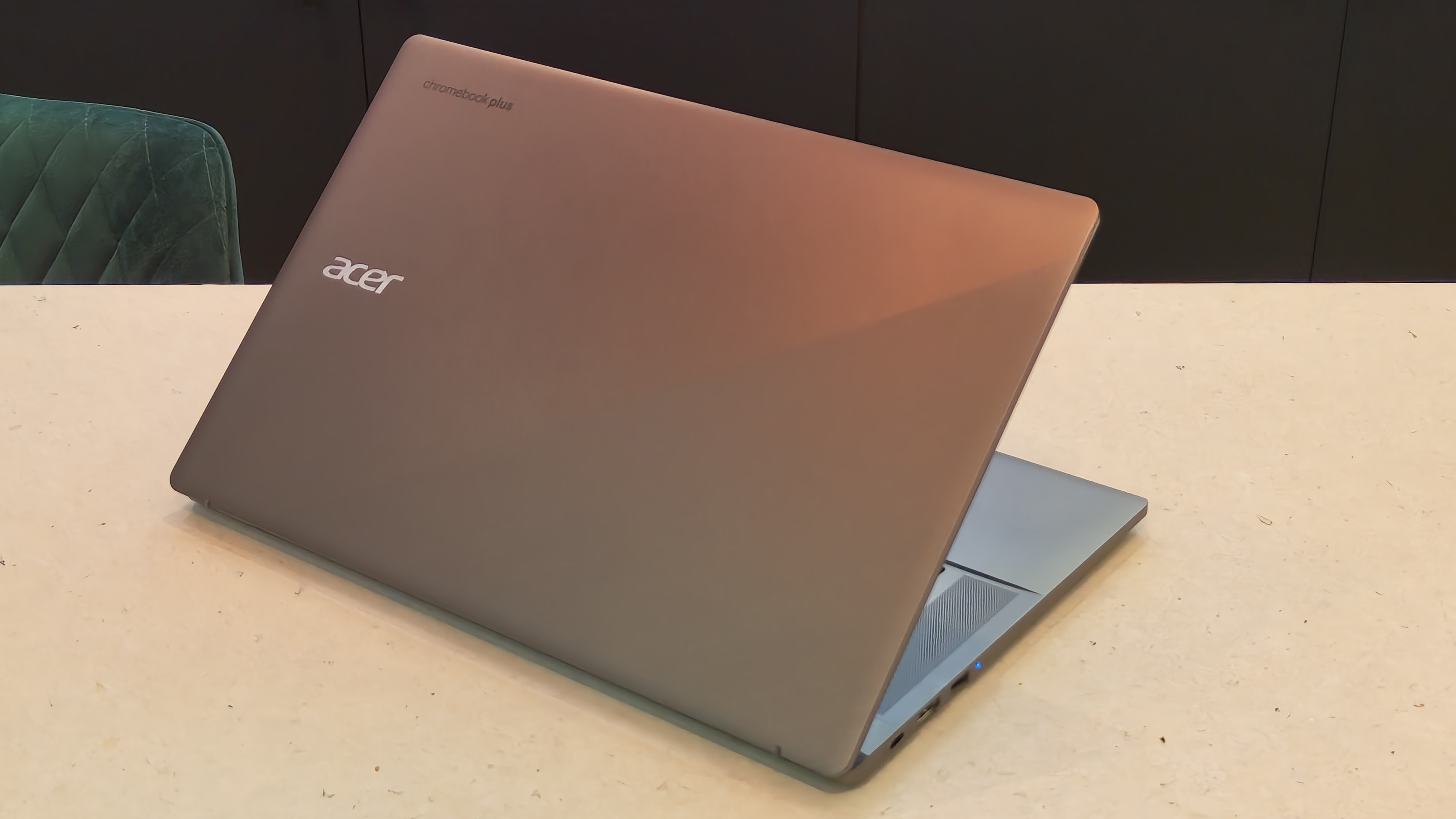
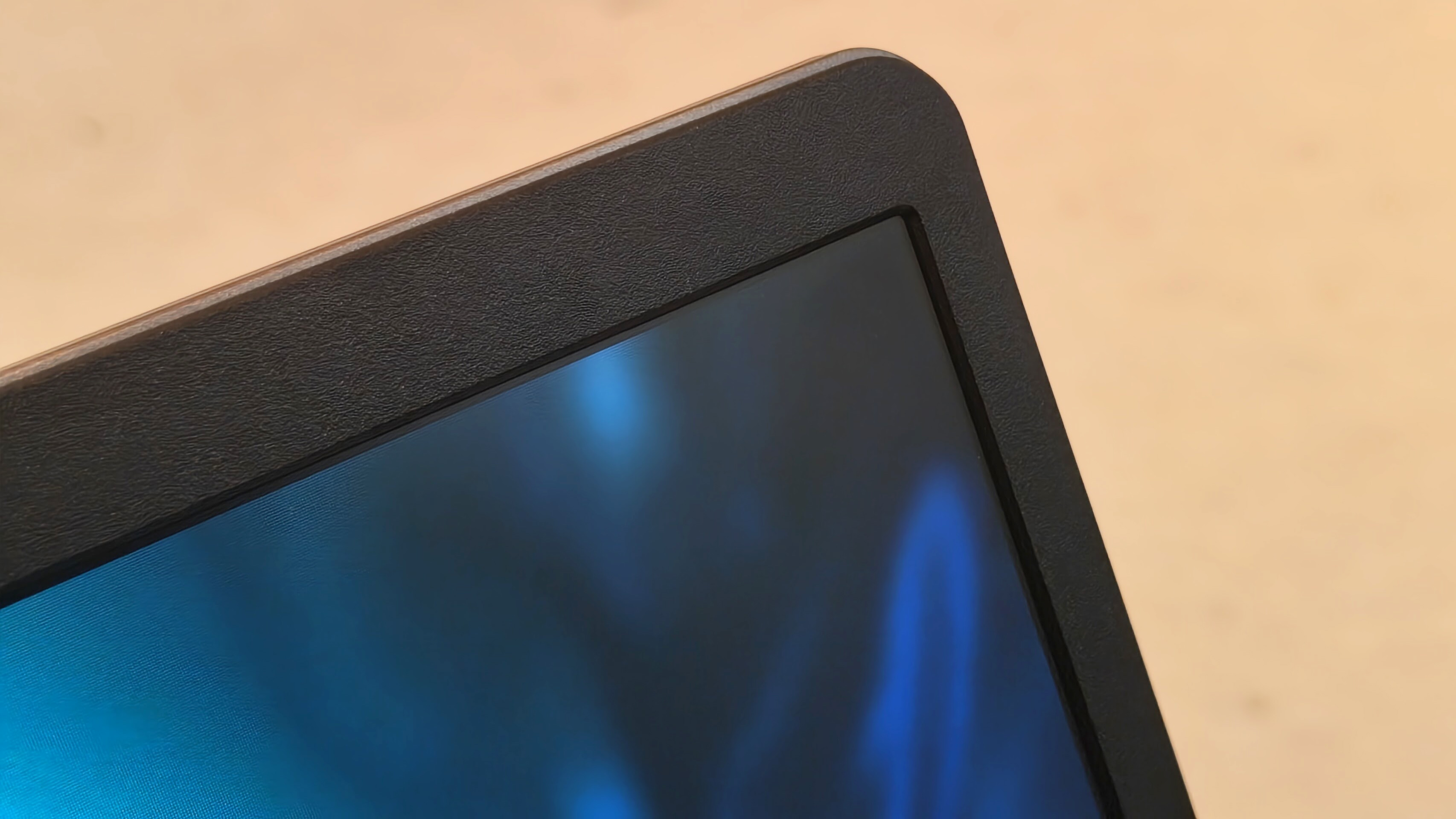
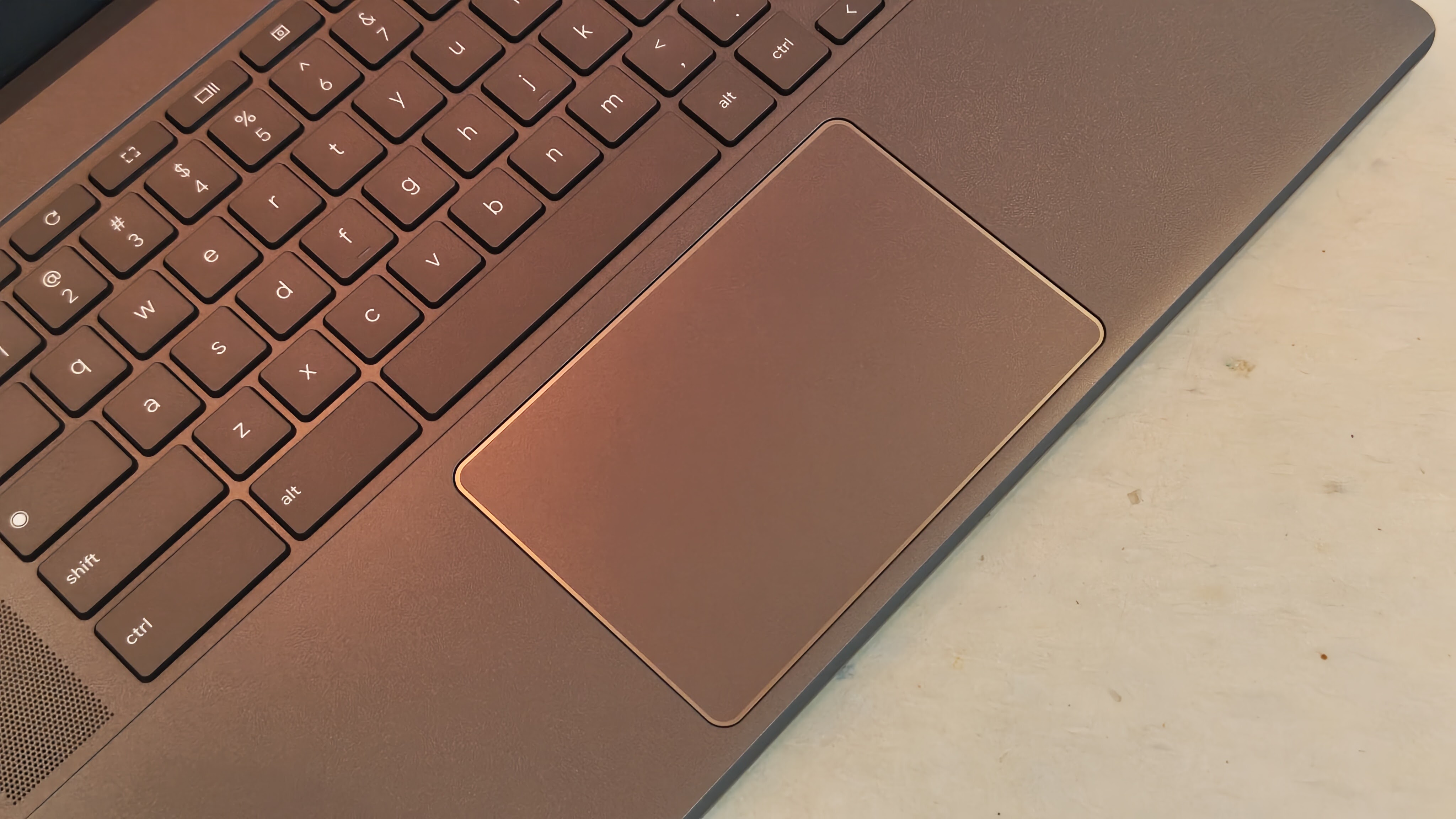
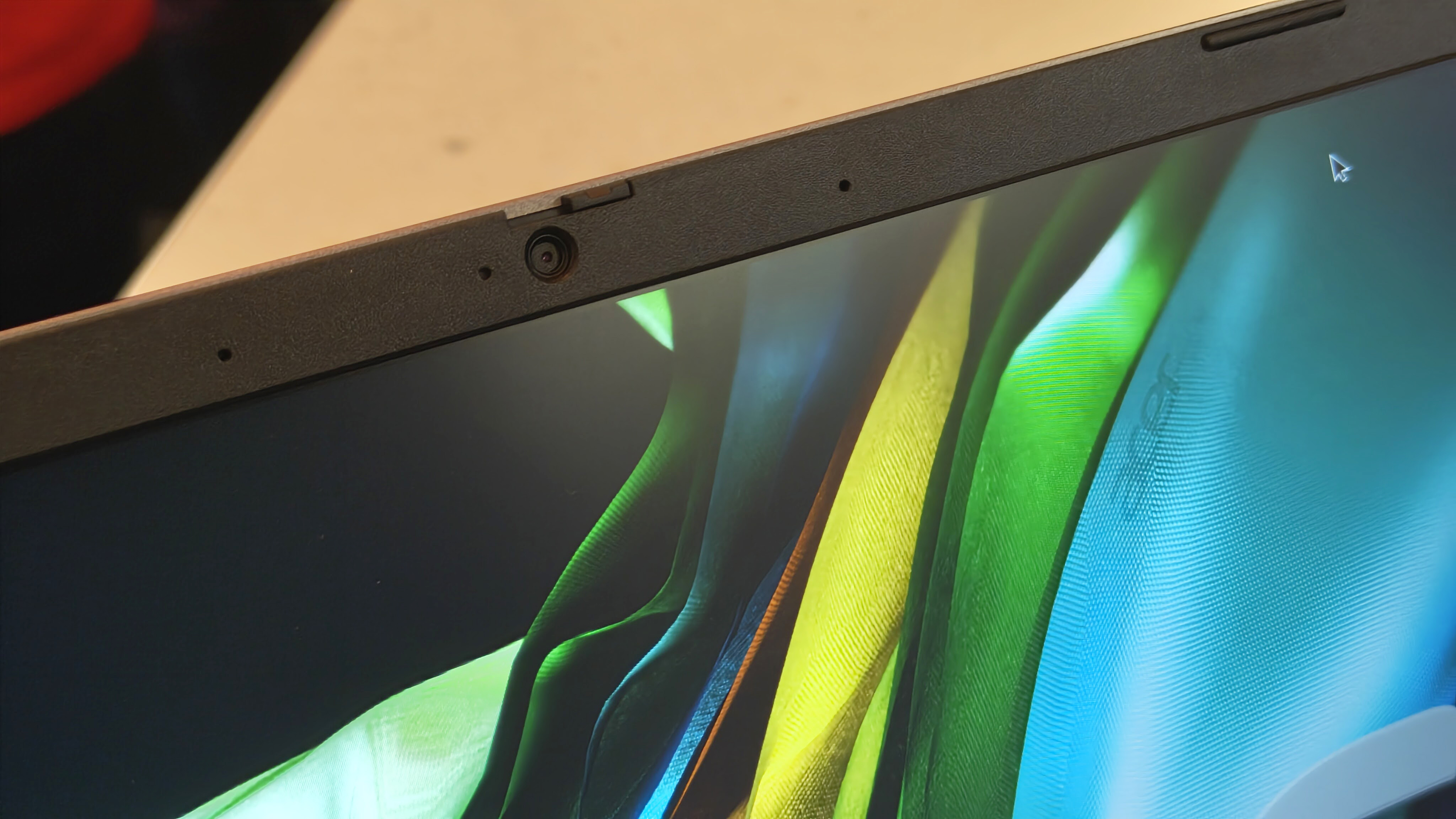
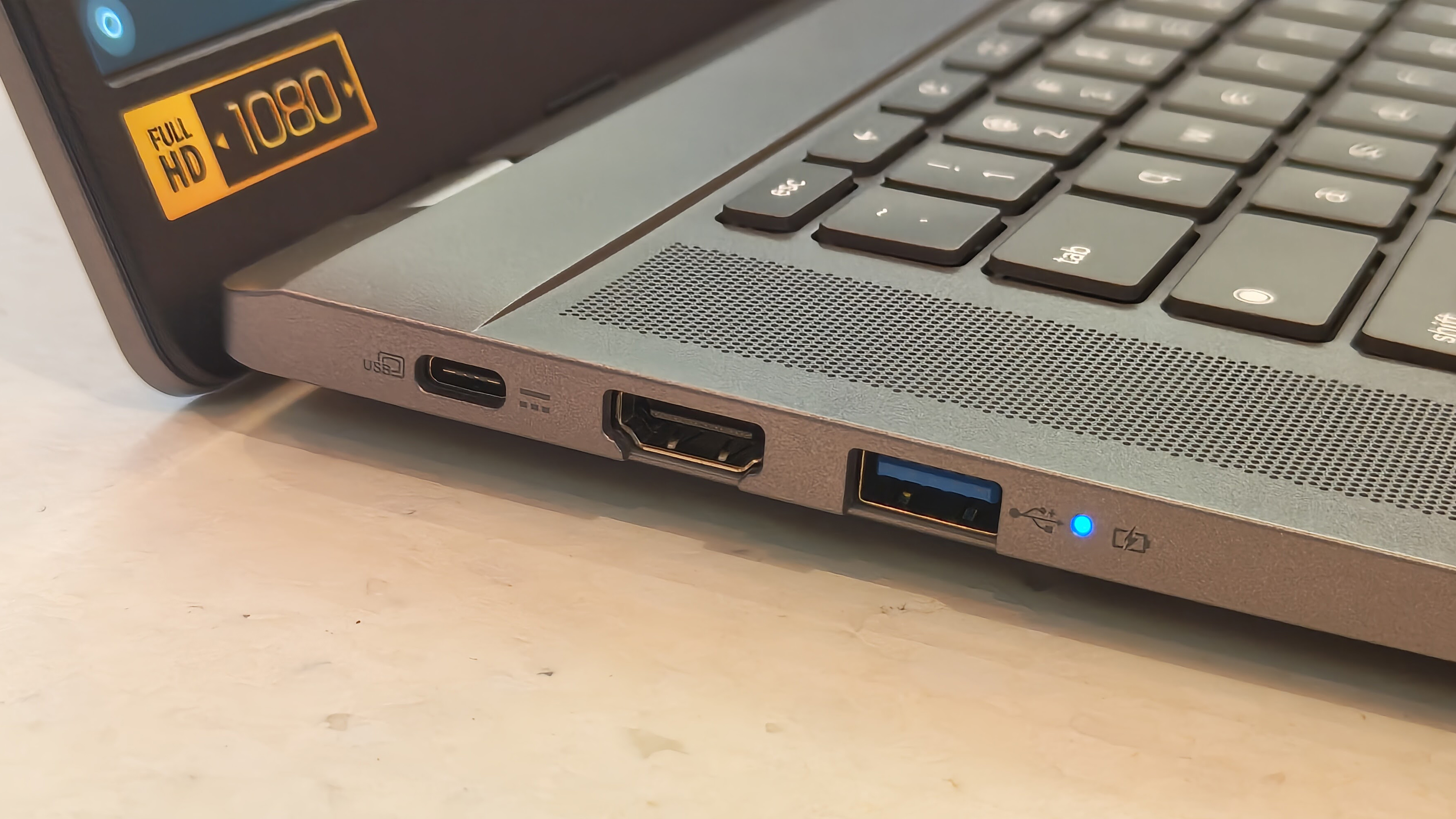
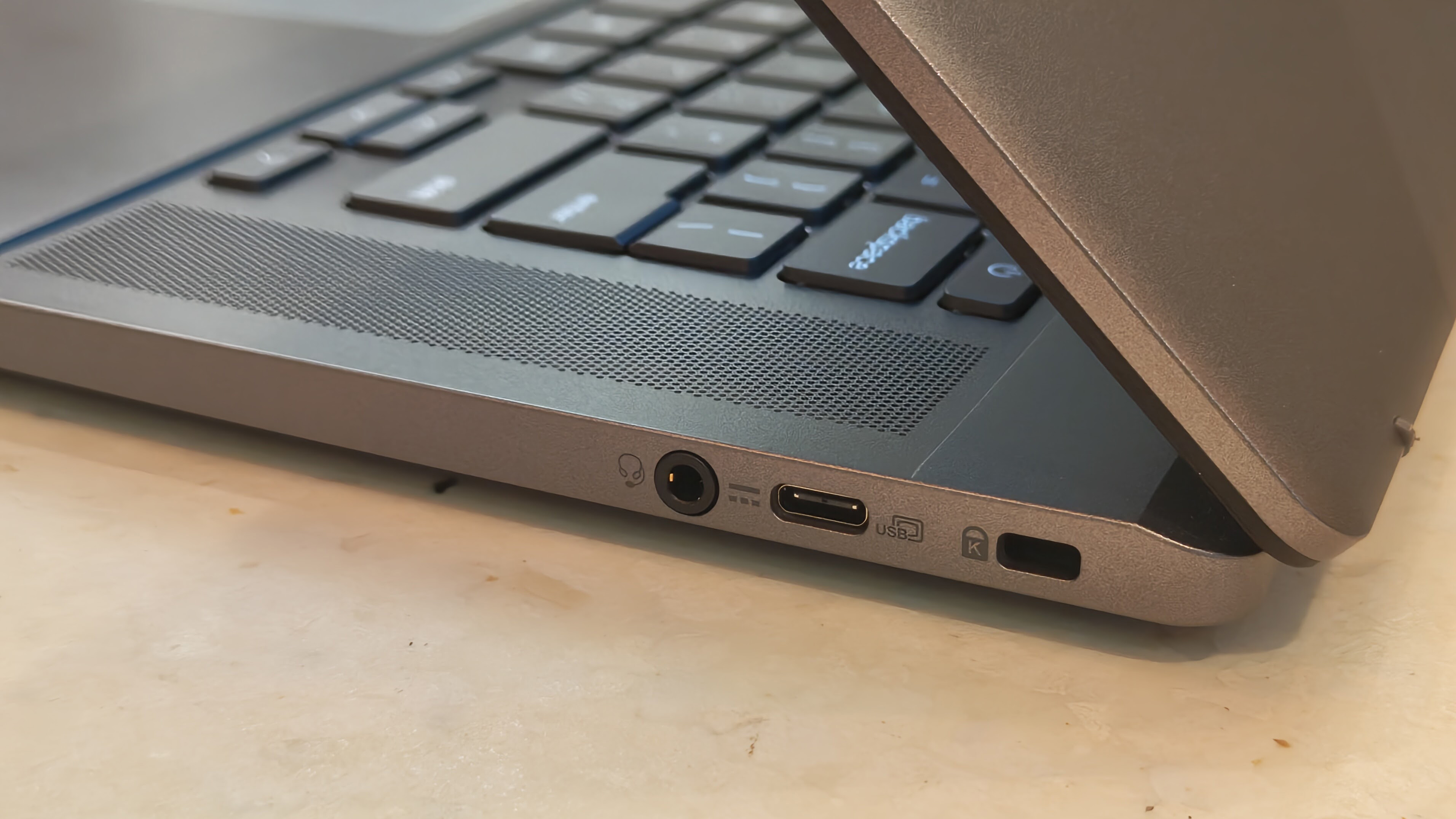
I attended an Acer preview event on Sunday 1 October – for the reveal of the Chromebook Plus 514 (from £499) and Chromebook Plus 515 (from £399), as pictured in the above gallery – where that brand described their take on the standard as "[delivering] typically twice the speed, power and storage of a standard Chromebook".
Acer is far from the only brand to produce Chromebook Plus models, of course, with Asus also in on the game with its Chromebook Plus CX34 (from £399).
I suspect many more manufacturers will also offer Chromebook Plus models in their ranges, from HP to Dell and beyond. It's a case of watch this space, however, as the Chromebook Plus format was only unveiled to the world on Monday 2 October.
What is the Chromebook Plus minimum specification?
- Minimum CPU: Intel Core i3 or Ryzen 7000
- Minimum RAM: 8GB
- Minimum storage: 128GB SSD
- Minimum display: 1080p (Full HD) resolution
- Minimum webcam: 1080p (Full HD) resolution
The all-important question, of course, is what Chromebook Plus brings to the table? The format has a minimum standard across a variety of specification aspects, as I've detailed in the above list, but there's no upper ceiling – a Chromebook Plus could be considerably more powerful.
I do also think there's some potential confusion, as some older Chromebook models, such as Google's Pixelbook from way back in 2017, would satisfy the 'Plus' criteria even today! Shame that's been discontinued, because as expensive as it was it's still a great machine – and I really wanted to see a Pixelbook 2 (could this be a prelude to that? I doubt it).
Sign up to the T3 newsletter for smarter living straight to your inbox
Get all the latest news, reviews, deals and buying guides on gorgeous tech, home and active products from the T3 experts
Ultimately it's great to see a minimum threshold in place for Chromebook Plus though. That will ensure decent processing power (generation and chip power unspecified though) and a baseline of RAM (type not specified), assurance of SSD storage (read/write speed not specified), and guarantee of a Full HD display and webcam. There's no distinction on the screen type or scale, and a touchscreen isn't a requirement. Battery capacity/longevity also isn't mentioned.
Interestingly, based on the Acer launch experience, the presence of 'Plus' doesn't mean a giant price tag. Starting at £399 for the company's 15.6-inch Chromebook Plus 515, that's a lot of laptop for not a lot of money. I wouldn't be surprised if most manufacturers steer all of their efforts into hitting the Chromebook Plus standard from now on – and that can only be a benefit to end-users like you and I...

Mike is T3's Tech Editor. He's been writing about consumer technology for 15 years and his beat covers phones – of which he's seen hundreds of handsets over the years – laptops, gaming, TV & audio, and more. There's little consumer tech he's not had a hand at trying, and with extensive commissioning and editing experience, he knows the industry inside out. As the former Reviews Editor at Pocket-lint for 10 years where he furthered his knowledge and expertise, whilst writing about literally thousands of products, he's also provided work for publications such as Wired, The Guardian, Metro, and more.
-
 3 overrated shoulder exercises, according to a fitness expert (and what to do instead)
3 overrated shoulder exercises, according to a fitness expert (and what to do instead)Sculpt 3D shoulders whilst minimising injury with these three alternative exercises
By Bryony Firth-Bernard Published
-
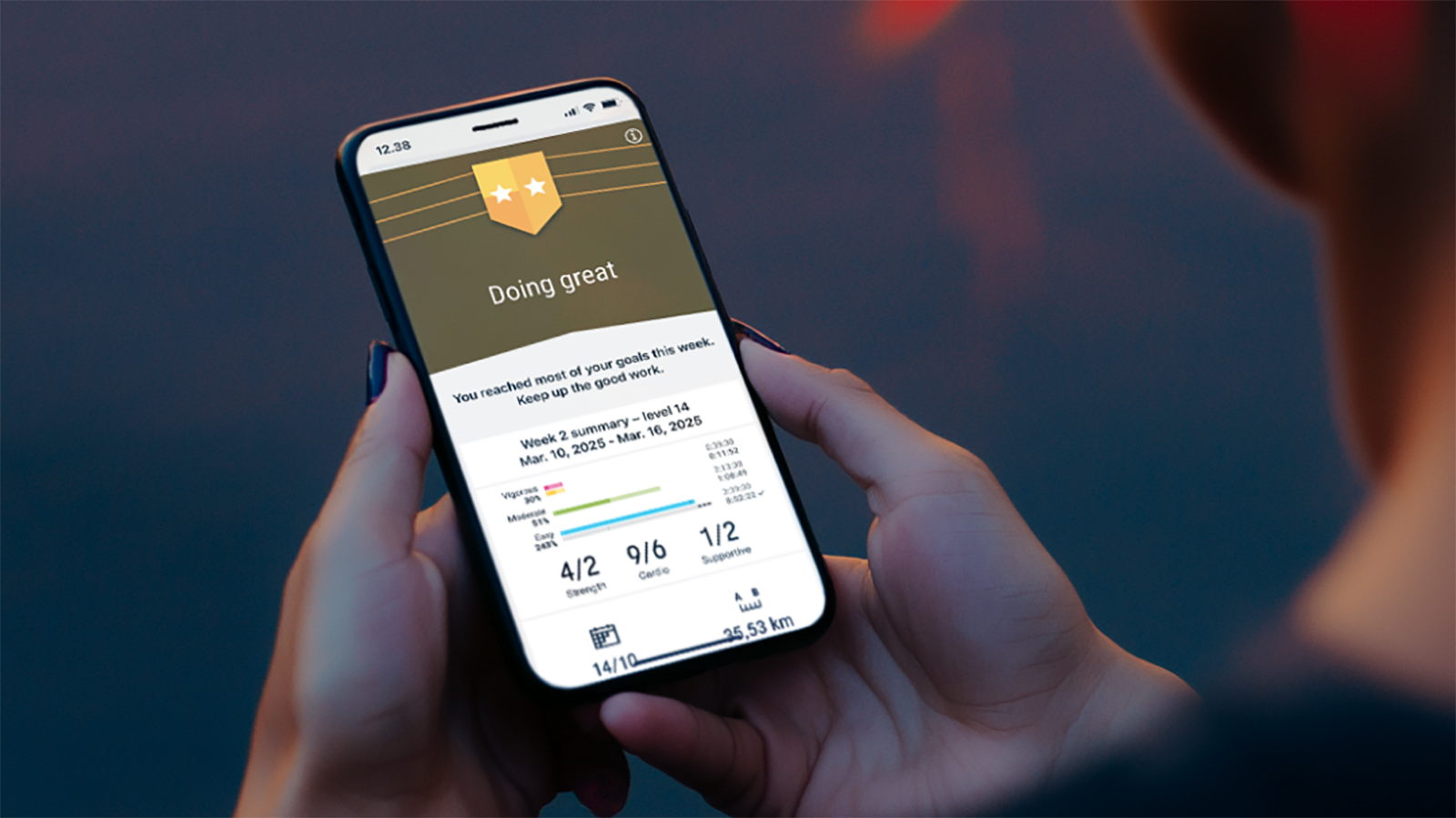 Polar’s new subscription feature lands in the shadow of Garmin’s Connect+ rollout
Polar’s new subscription feature lands in the shadow of Garmin’s Connect+ rolloutPR genius or timing disaster? Polar’s new Fitness Programme adds adaptive training to its ecosystem
By Matt Kollat Published